
Get off social media once in a while
Of course, it is important to stay connected to your family and friends, because they are curious about your life abroad and also want to make sure that you are okay. The good thing about social media is that we are so connected, sometimes we don’t even notice that we are away from our loved ones. This being said, when it takes us away from our life abroad too much, it can also become a problem. So, instead of liking pictures of the family dog every 5 seconds or be on a constant chat with your best friend at home, try to live more in the moment of your abroad experience.
Join local sports classes
Sports is an excellent way to connect with all different sorts of people. The best way to get to know people fast are team sports, because you have to interact so much. The wide selection of sports classes that Freie Universität offers is a quick and comparatively cheap option to get active and meet fellow students from all different sorts of study fields. You do not have to rely on Freie Universität alone, but can also check out university sports classes at Humboldt Universität or Technische Universität Berlin. Another possibility is to take part in the numerous university sports events that are offered regularly by Freie Universität Berlin.
Go to a bar event
In a bar, it is obviously more likely to get to know people outside your „abroad cluster“, when you and your friends do not close yourselves off and reminisce about the great weekend you just had two weeks ago. To avoid the tendency of being exclusive, what about trying out a bar event, like a pub quiz or bingo night, which are generally more inclusive and you tend to get to know people more quickly. We recommend to check your favorite bar for events.
Or check out:
- Bar Madame Claude (Kreuzberg), Lübbener Str. 19, 10997 Berlin – every Wednesday – no entry fee – Music Quiz “Guess the Song” (advantage: advanced German skills are not necessarily required). For updated program dates see their bar calendar.
- Irish Pub Celtic Cottage (Steglitz), Markelstr. 13, 12163 Berlin – every Monday – 1€ entry fee – Irish Pub Quiz.
- Bar Interface (Moabit), Perleberger Str. 17, 10559 Berlin – changing events.
Use meet up groups
Our modern world fortunately gives us the opportunity to connect with all different sorts of people with minimum effort and time constraints. In order to find likeminded people for all different sorts of activities and interests, you can take advantage of meet up groups that you can find online. What about joining a “Speak German while chilling in Berlin group” for instance?
Join a tandem
An easy way to improve your German and meet Germans at the same time is to join a tandem. The idea of a tandem is to meet with a German native speaker, preferably, at least once or twice a week. In casual conversations you both get the opportunity to practice the respective language. It is also a perfect way to leave the international bubble and maybe make a German lifelong friend.
Volunteer
Volunteering is a wonderful way to meet new people, practice your German, and provide help to those in need. Obviously it is also a commitment and people will be depending on you so you should make sure that you have at least two hours per week that you can dedicate to volunteer work.
Try couch surfing
Couch surfing has become way more than just a cheap way to travel. The couch surfing community understands itself as an open and vibrant travel community, where everyone is able to learn from each other and dive deep into the culture of their hosts. The idea of couch surfing is that instead of using hotels, hostels, etc. when travelling, coach surfers look for locals who offer their couch/spare bed room for one or two nights and at best, have time to spend some time with their guests to show them around the city or join them for dinner, etc.
Of course, leaving your bubble requires an active part on your side. For sure, this is not always easy or convinient, but certainly pays off at the end.
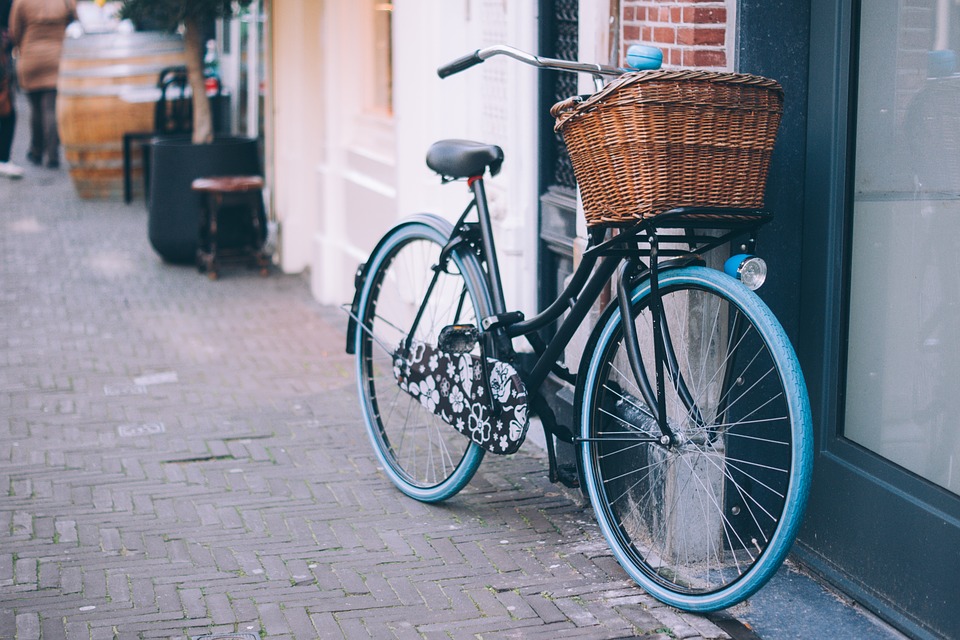


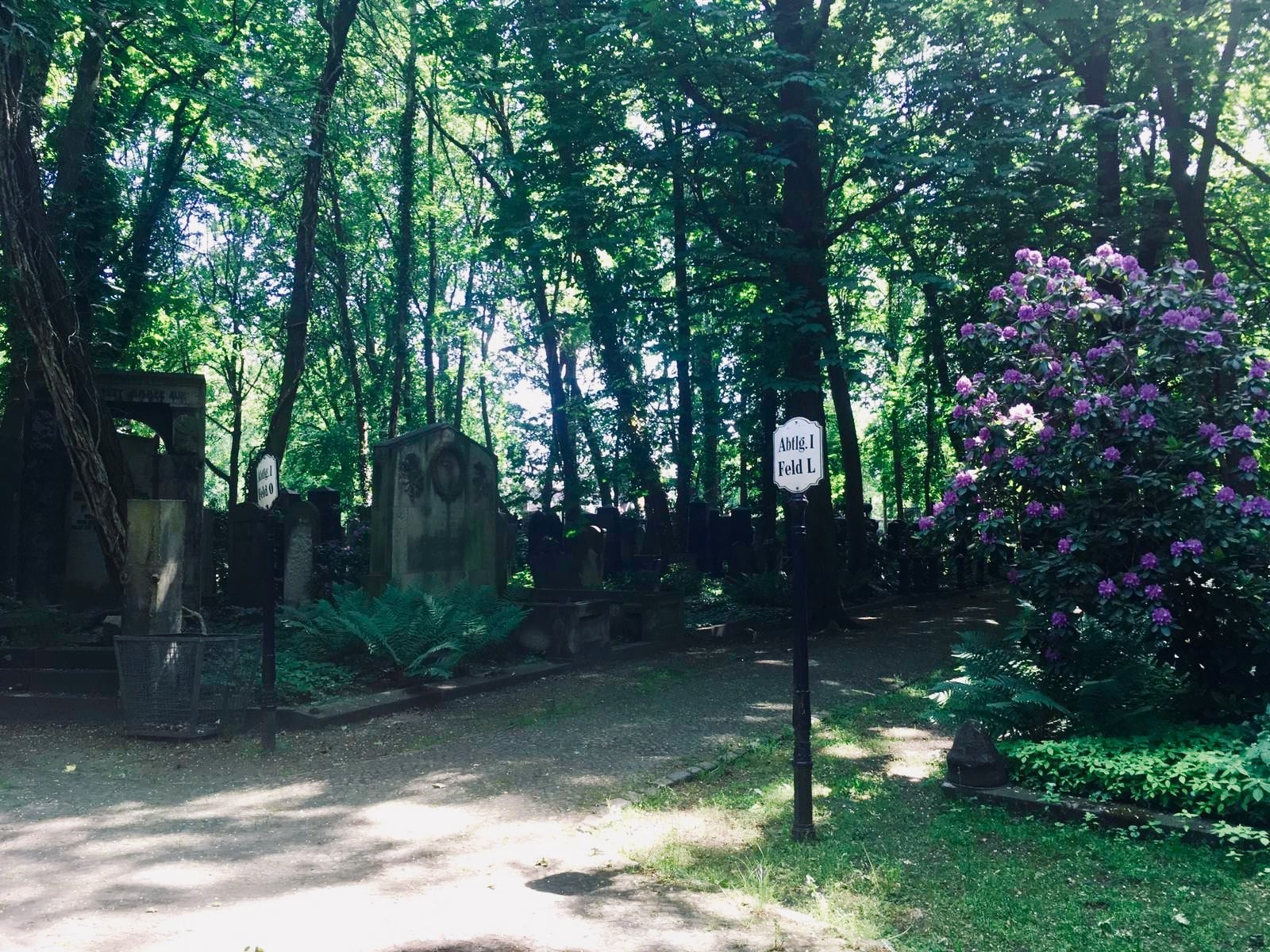
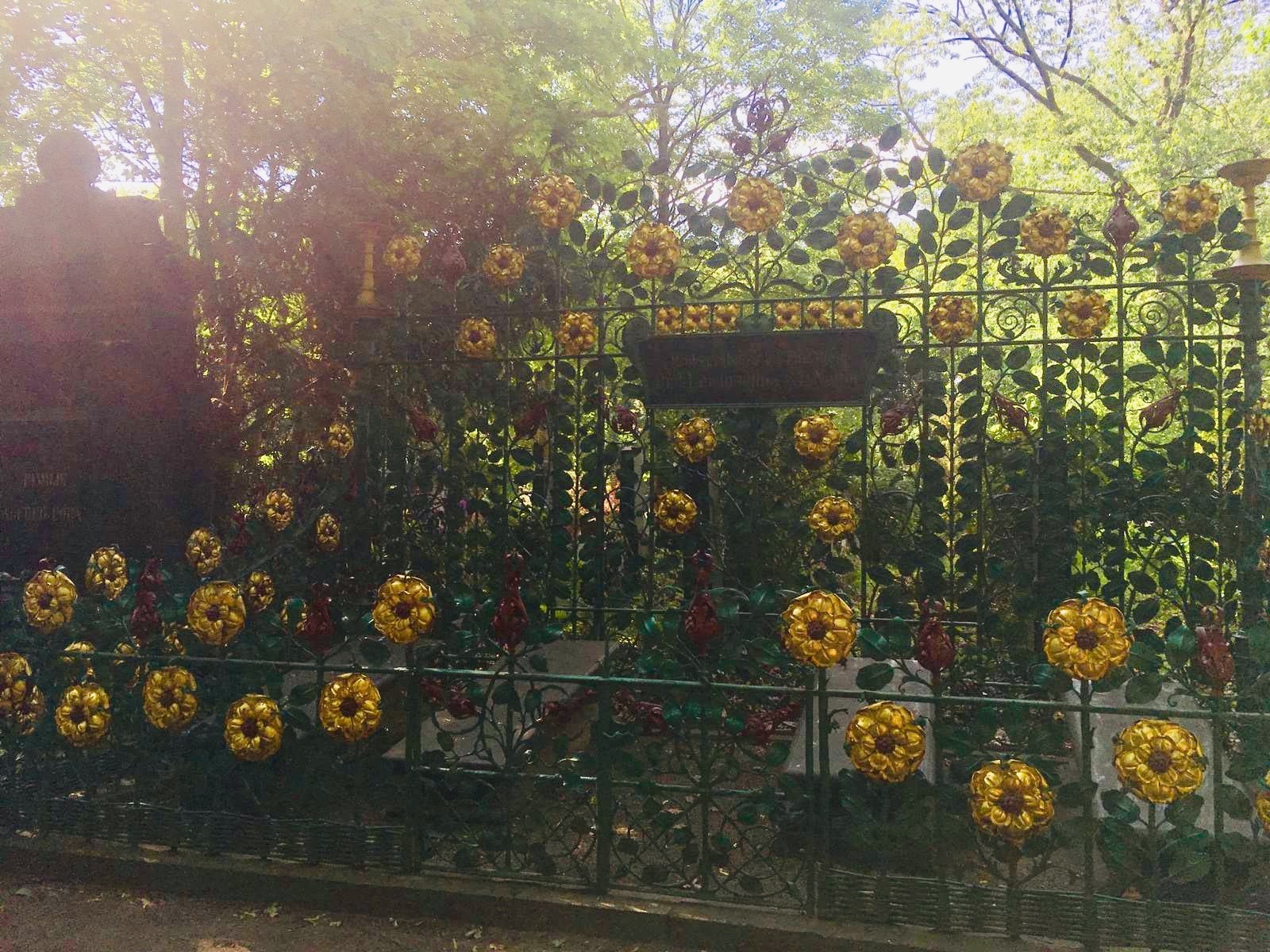
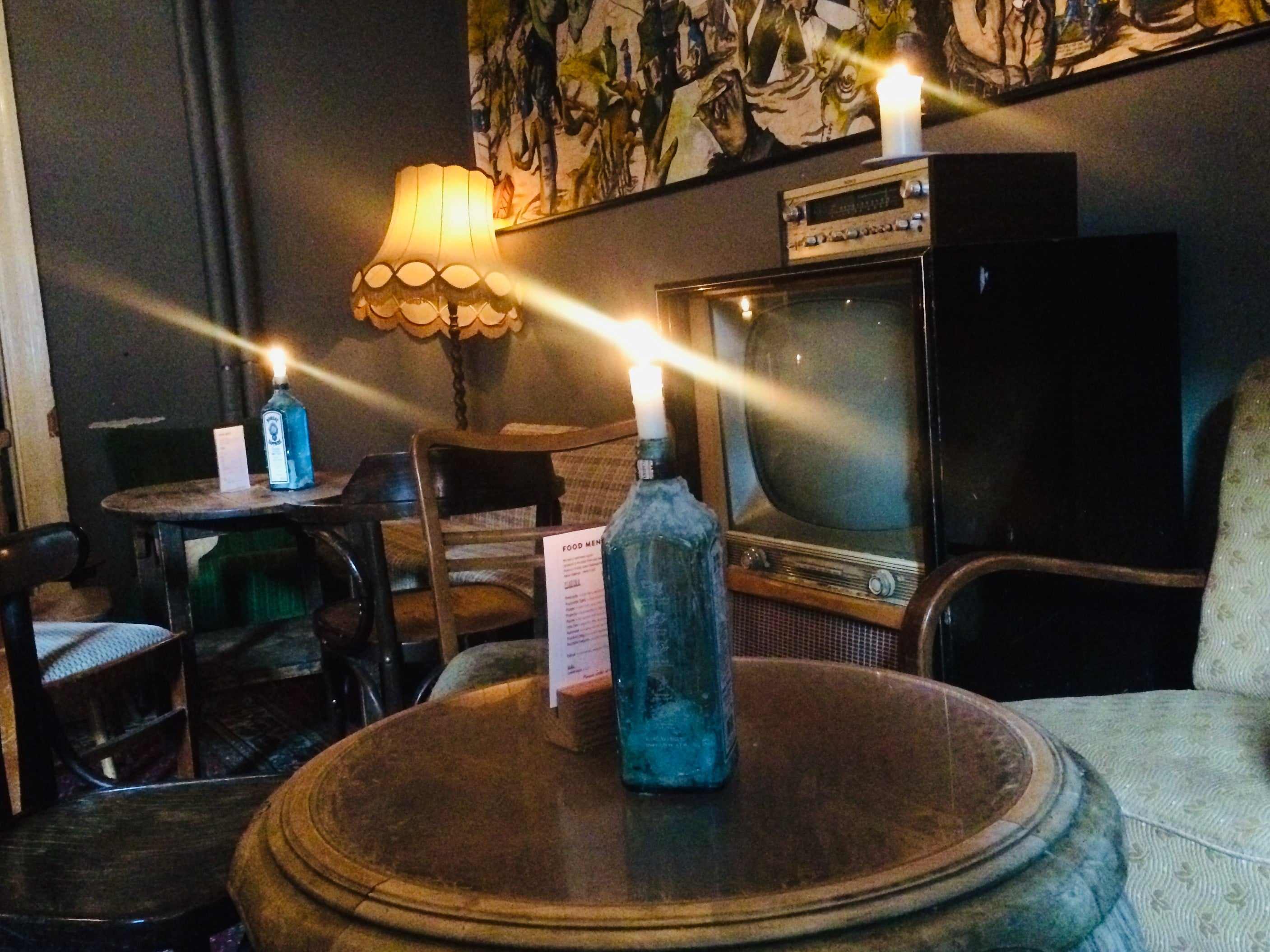

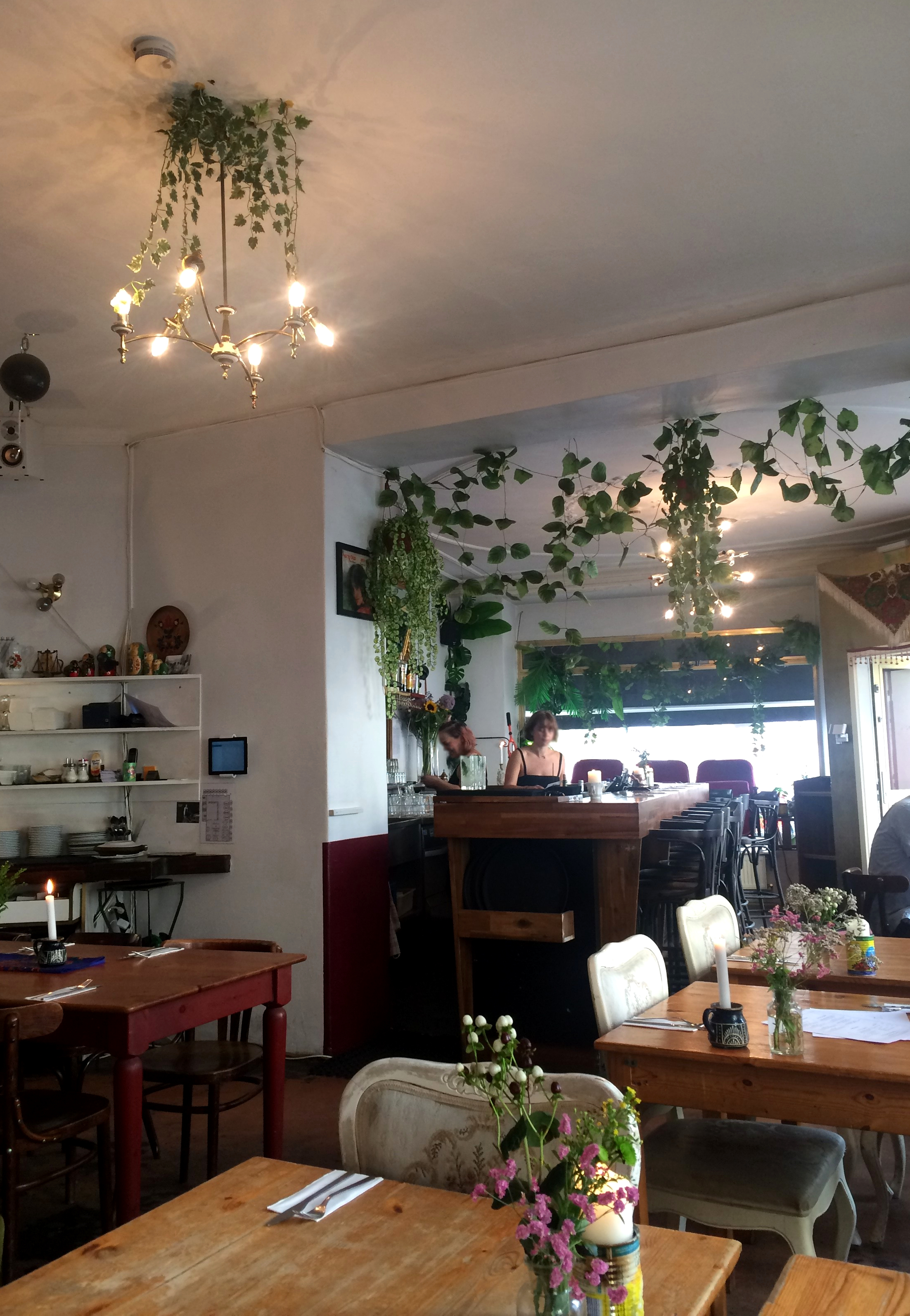 There are, obviously, tons of places in Berlin where you can get yourself some real‘ good Humus (bad as well, I might add, but to find those places we leave up to you). This being said, at
There are, obviously, tons of places in Berlin where you can get yourself some real‘ good Humus (bad as well, I might add, but to find those places we leave up to you). This being said, at 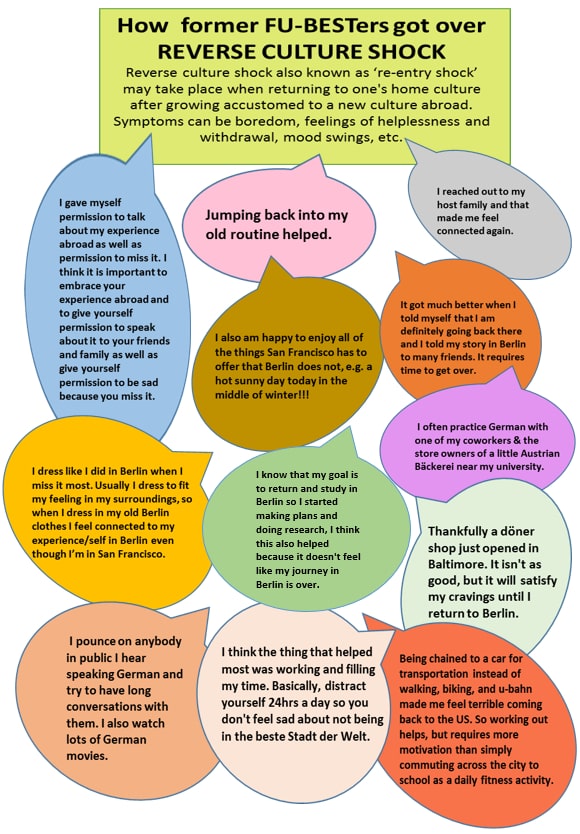

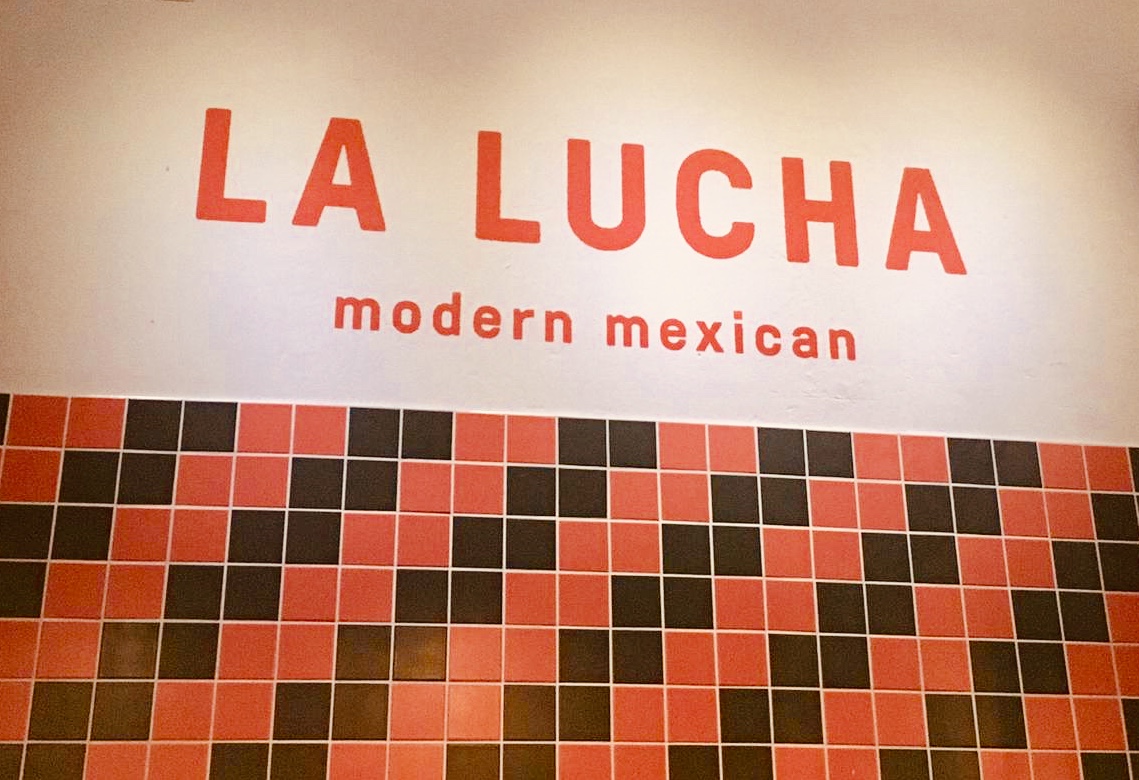
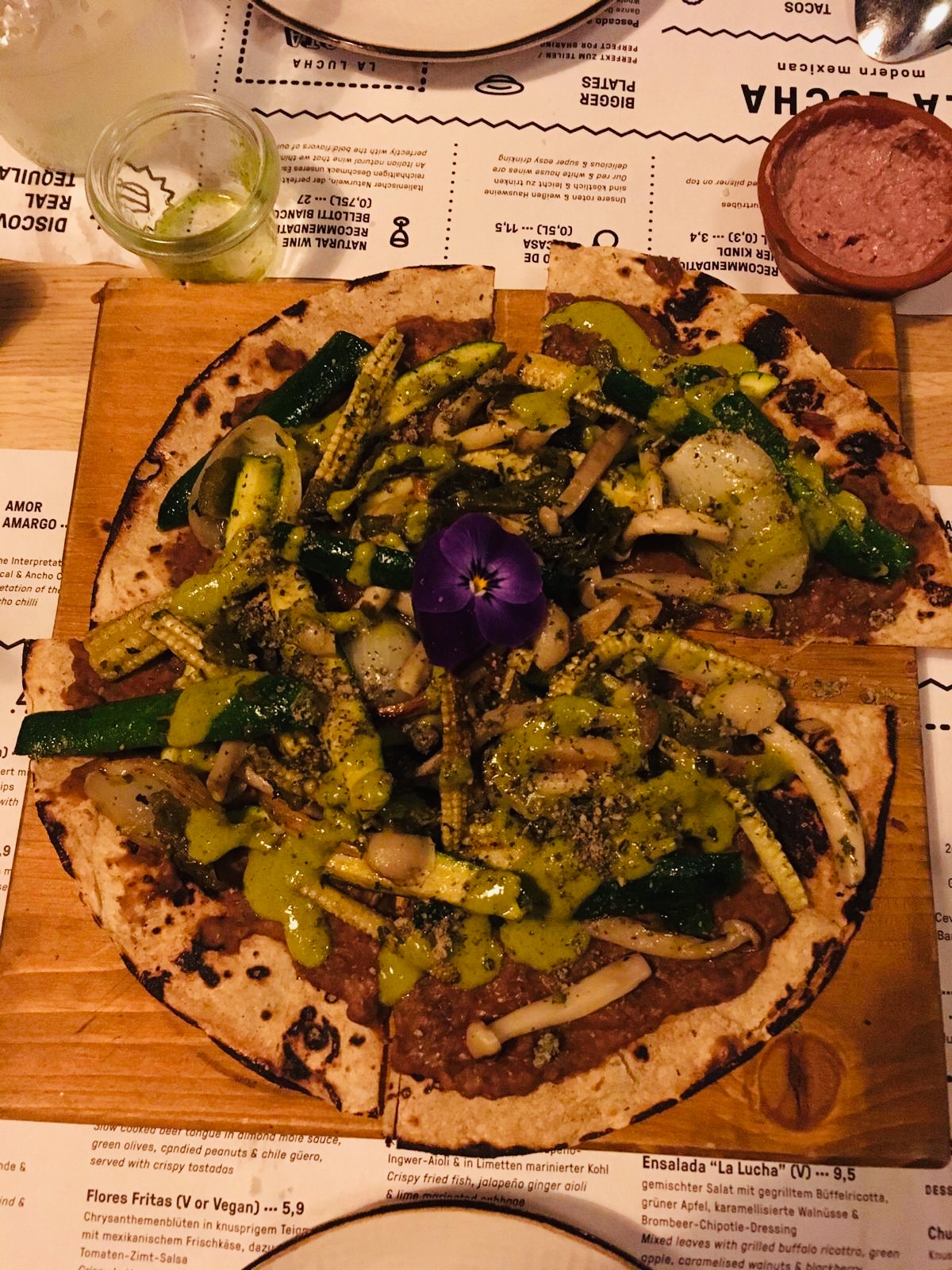
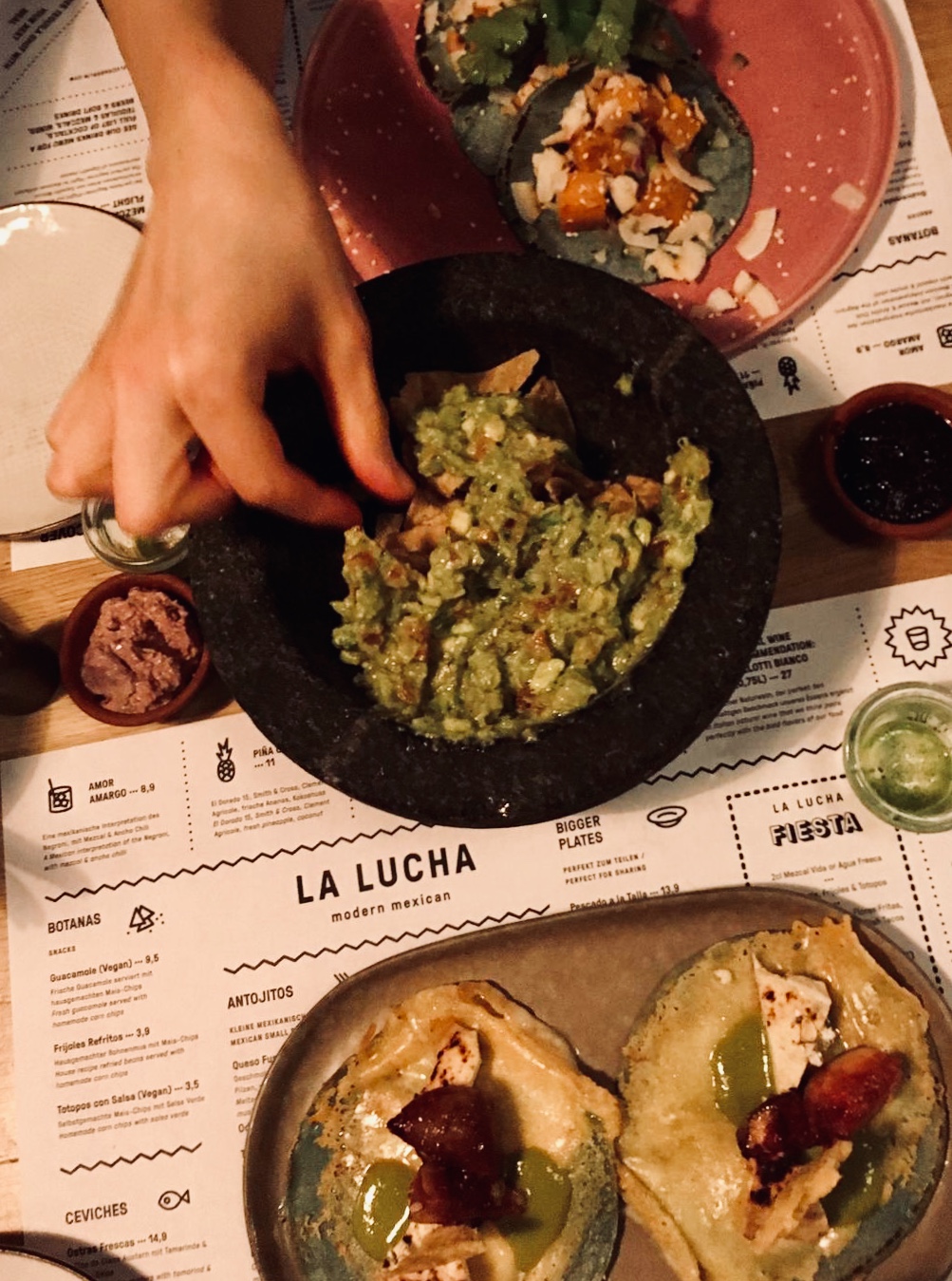
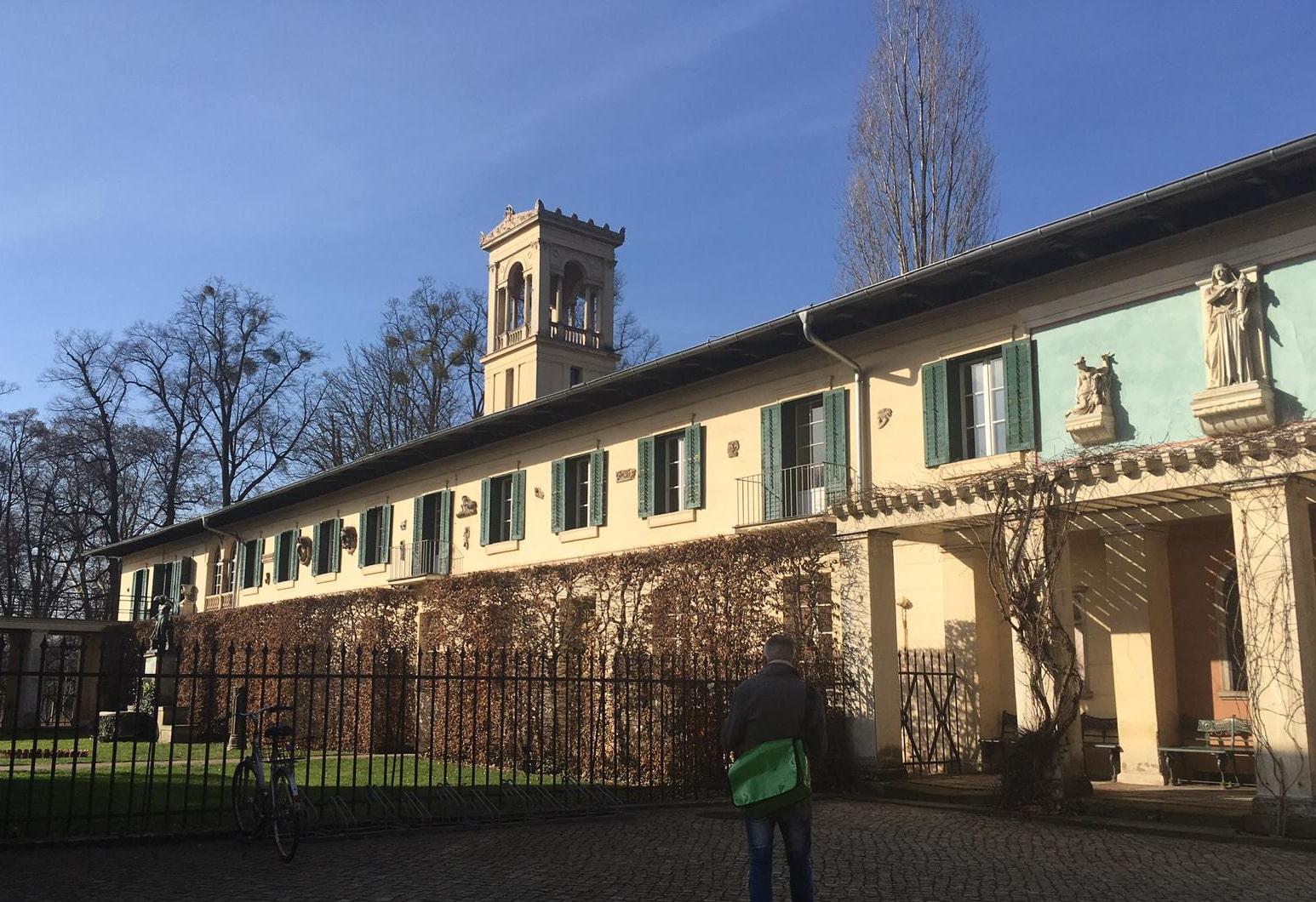
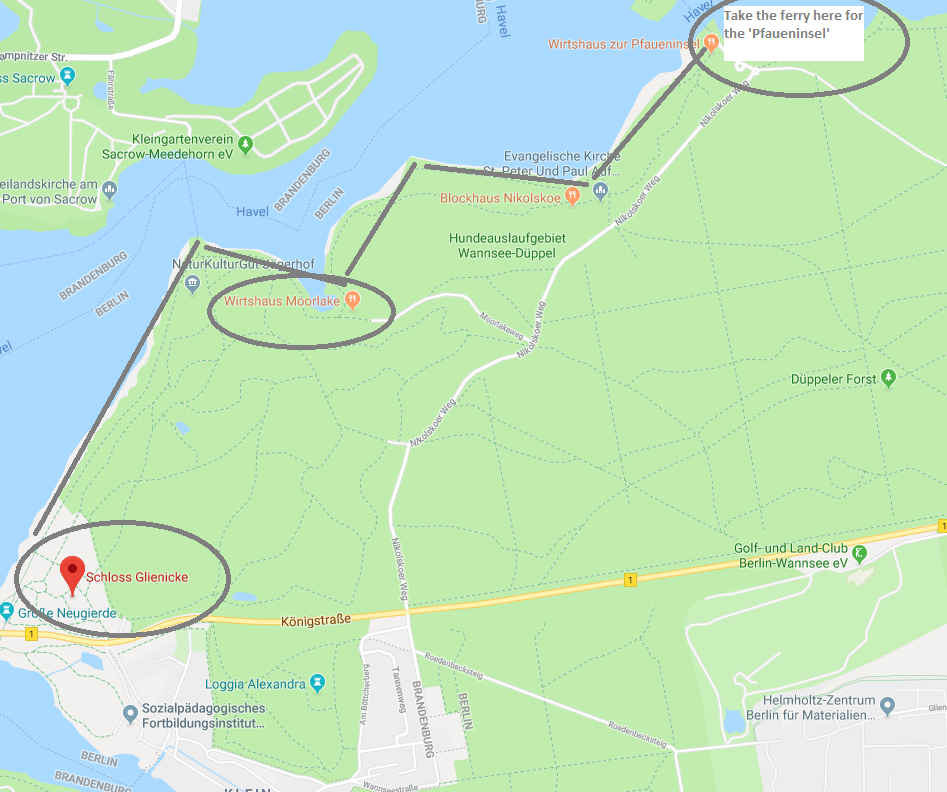
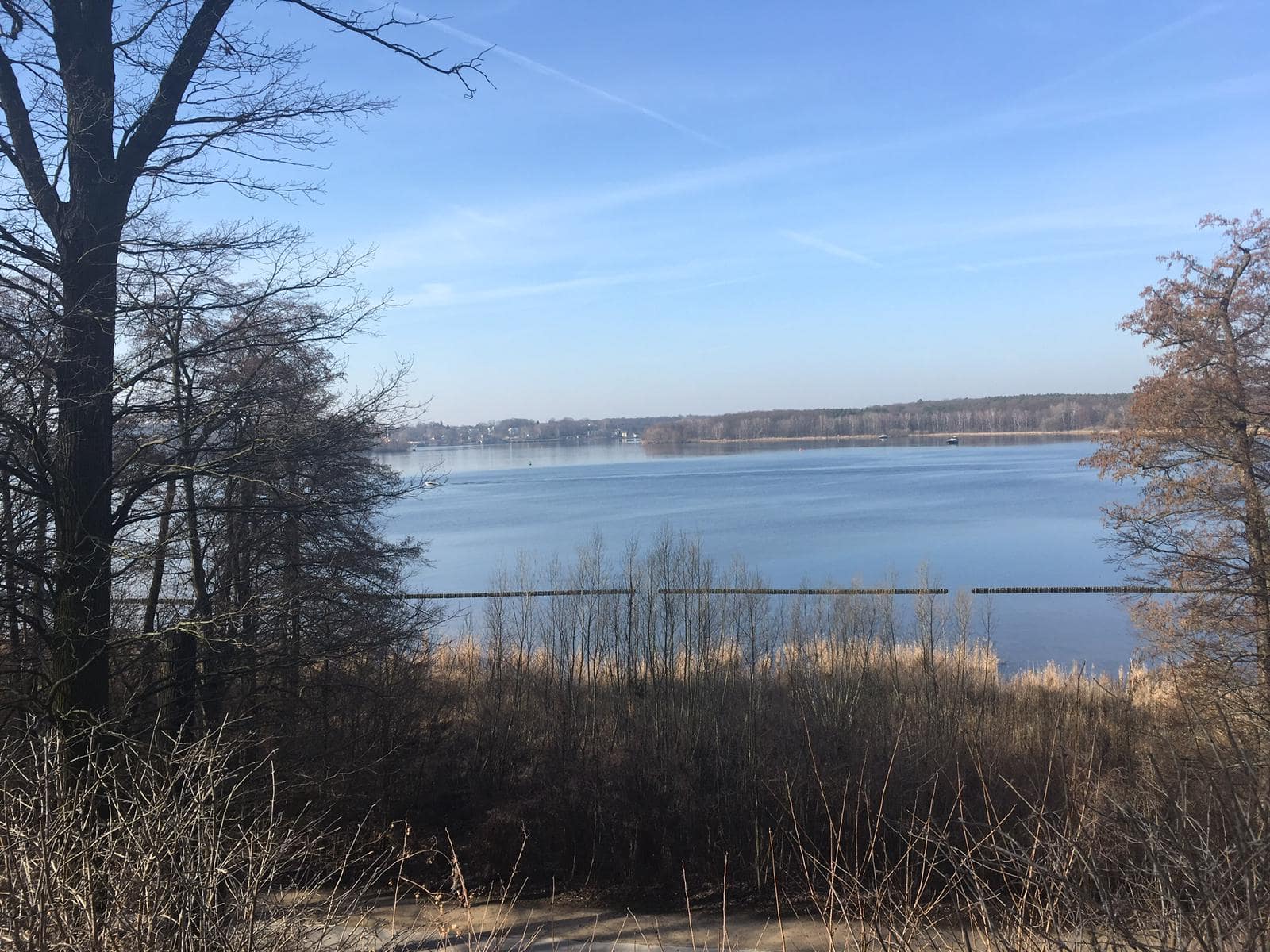
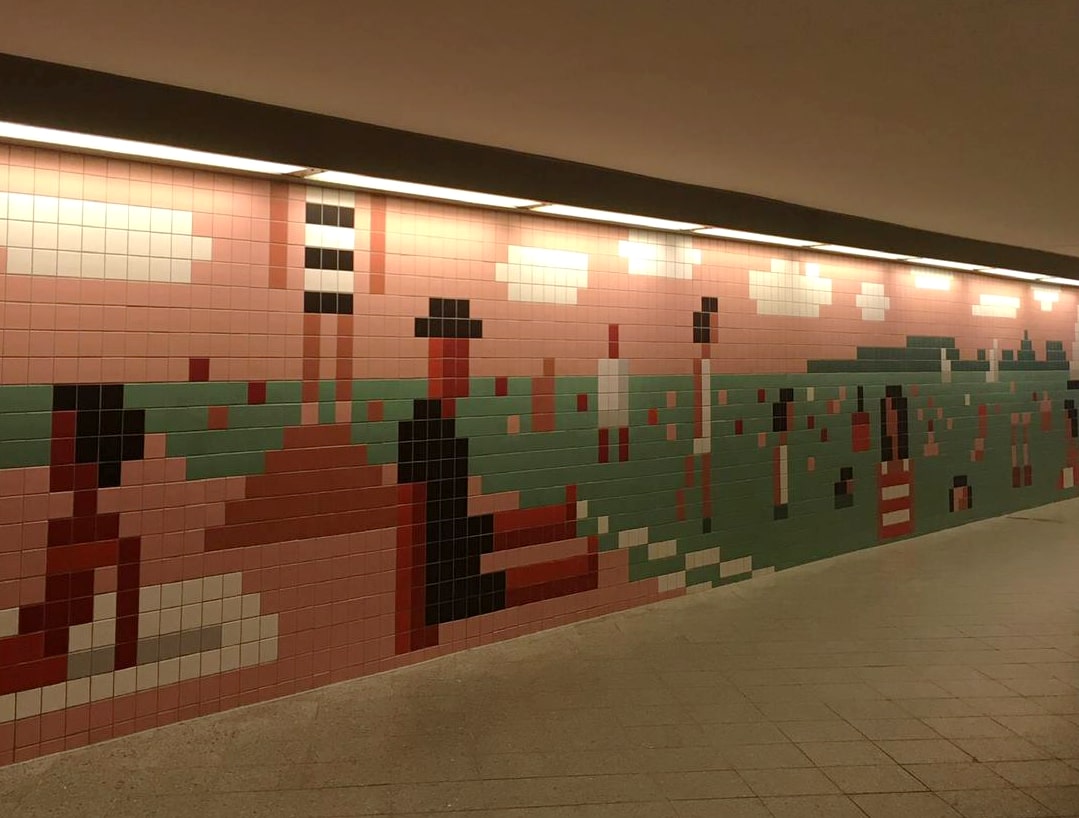
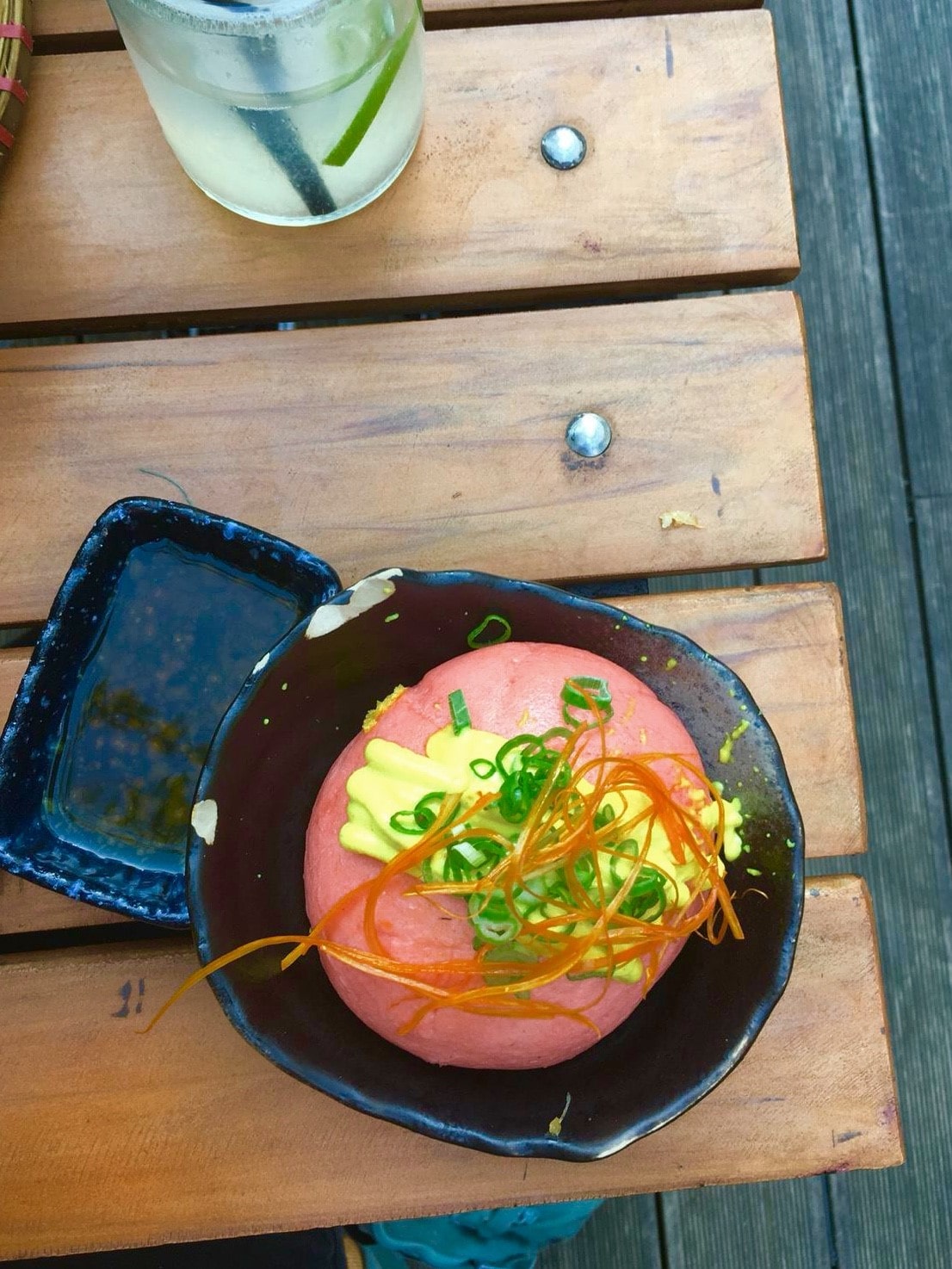 Right opposite the Volkspark Hasenheide (*rabbit-heath*) in Kreuzberg, you find the restaurant Con Tho, which is Vietnamese for rabbit. Coincidence? We don’t think so. If you like Vietnamese food, but are a bit bored of the same old standard menu, Con Tho offers a different take on the typical Vietnamese cuisine. It’s a fusion of local ingredients and typical Vietnamese staples. Appetizers are sorted by small and medium dishes (recommendable are the black rolls or the in coconut water simmered tofu with garlic-mayonnaise sauce). For the main course you need t
Right opposite the Volkspark Hasenheide (*rabbit-heath*) in Kreuzberg, you find the restaurant Con Tho, which is Vietnamese for rabbit. Coincidence? We don’t think so. If you like Vietnamese food, but are a bit bored of the same old standard menu, Con Tho offers a different take on the typical Vietnamese cuisine. It’s a fusion of local ingredients and typical Vietnamese staples. Appetizers are sorted by small and medium dishes (recommendable are the black rolls or the in coconut water simmered tofu with garlic-mayonnaise sauce). For the main course you need t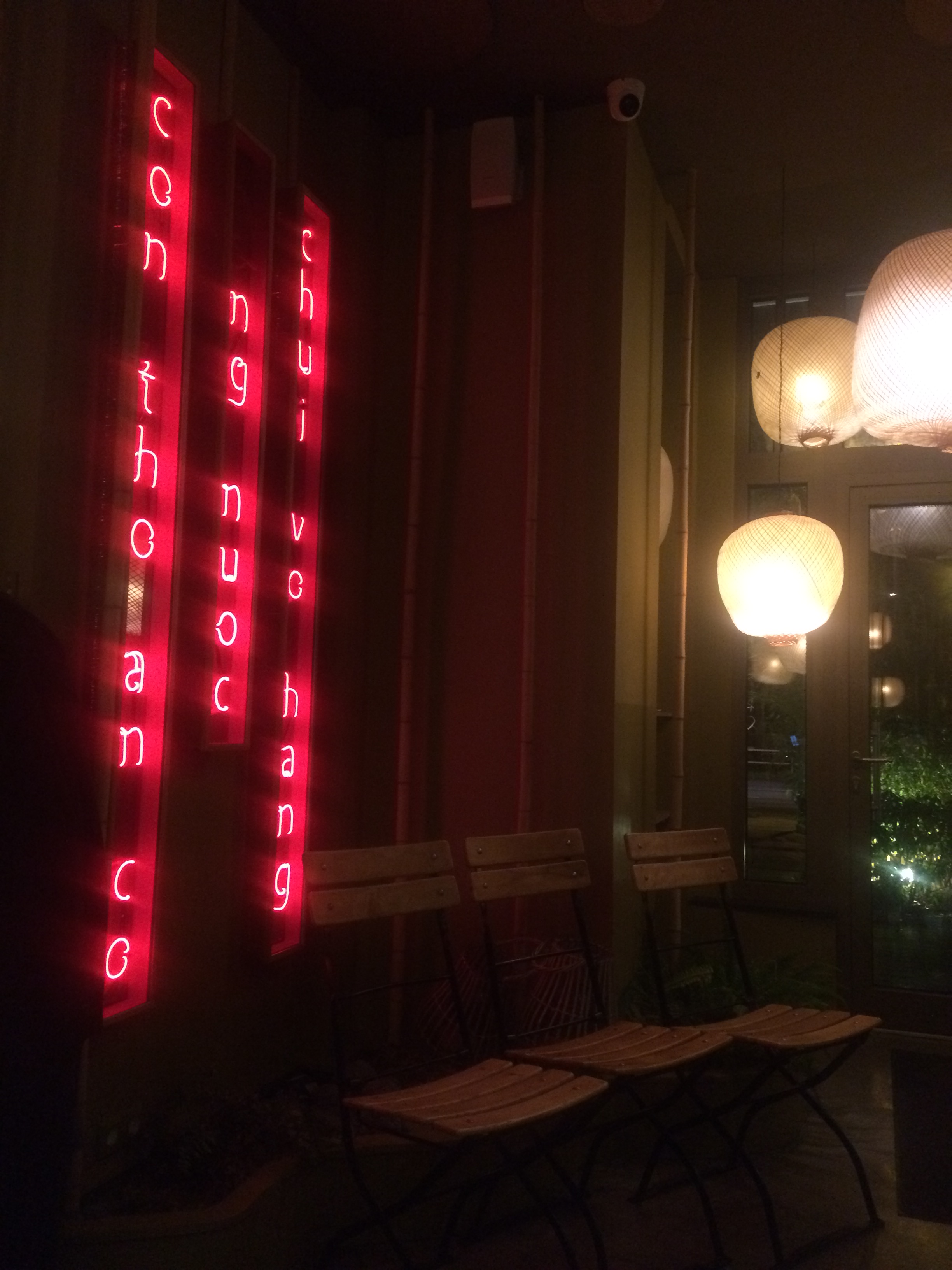 o decide between Com Tam (different rice dishes served in a hot stone bowl), Banh Xeo (different variations of a riceflower crepe) and a Hue Bowl (different interpretations of lemongrass soup). Also recommendable are their own creations of lemonade and tea. As far as we are concerned, it’s almost impossible to make a choice that you’ll regret. Seating situation in the warmer months is perfect due to the nice outside terrace. As long as temperature is on the chilly side, you’ll find a cosy spot inside between bamboo sticks and big lampions. Consider making a reservation, if you come to prime time dinner times (8pm onwards), because it gets crowded quickly.
o decide between Com Tam (different rice dishes served in a hot stone bowl), Banh Xeo (different variations of a riceflower crepe) and a Hue Bowl (different interpretations of lemongrass soup). Also recommendable are their own creations of lemonade and tea. As far as we are concerned, it’s almost impossible to make a choice that you’ll regret. Seating situation in the warmer months is perfect due to the nice outside terrace. As long as temperature is on the chilly side, you’ll find a cosy spot inside between bamboo sticks and big lampions. Consider making a reservation, if you come to prime time dinner times (8pm onwards), because it gets crowded quickly.